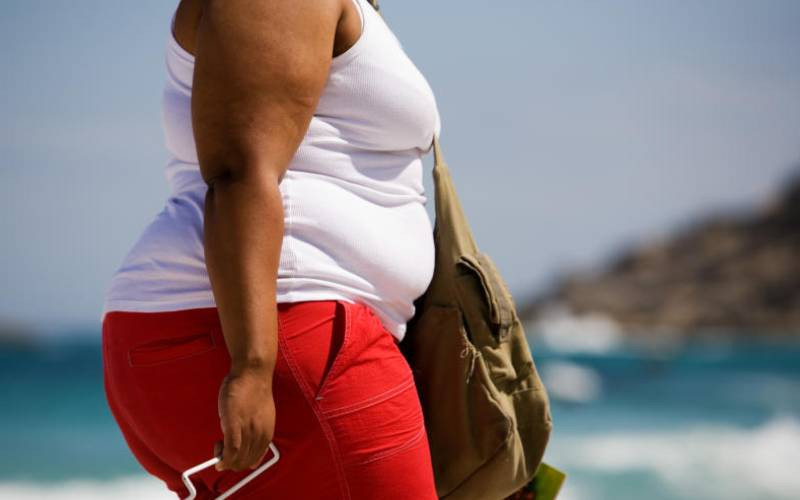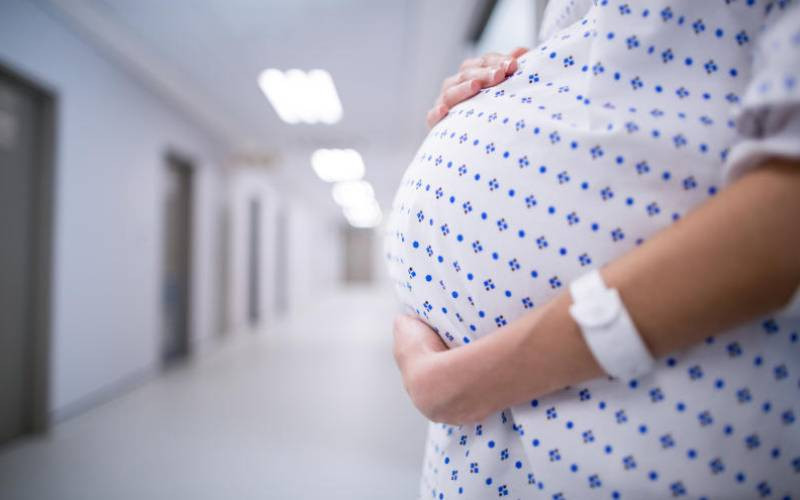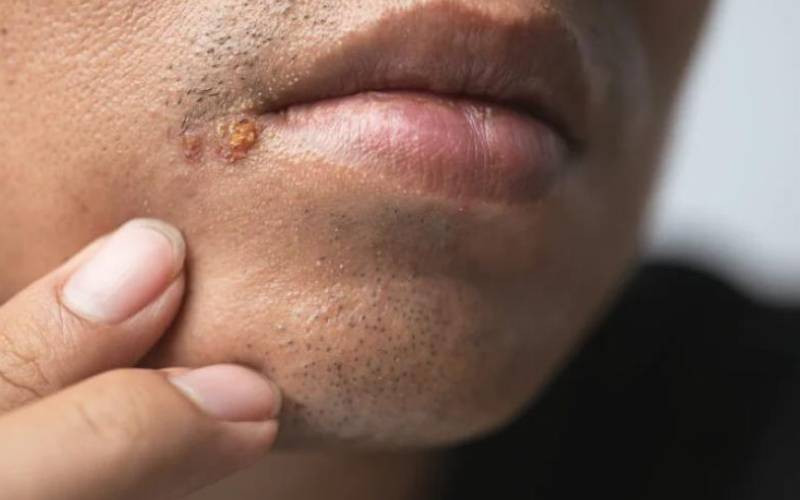
A study has found that people who spend the most on fizzy drinks are most likely to suffer from heart problems
Fizzy drinks may ‘significantly’ raise your risk of suffering a cardiac arrest.
Previous investigations have shown that fizzy drinks can increase your risk of heart disease and stroke.
But now a major new study of 800,000 Japanese people has found that the more people spend on fizzy drinks, the more likely they are to suffer a cardiac arrest outside hospital.
A cardiac arrest happens when the heart suddenly stops pumping blood around the body, unlike a heart attack in which the supply of blood to the heart is suddenly blocked, usually by a blood clot.
Tens of thousands of Brits suffer a cardiac arrest outside of hospital every year and the majority will die.
When someone suffers a cardiac arrest they will lose consciousness and stop breathing.
Unless immediately treated by CPR, a cardiac arrest nearly always means death within minutes.
The findings were presented at the European Society of Cardiology congress in London.
Although the fizz of carbonated drinks can make them enjoyable, many carbonated drinks contain acids.
The professor who led the study suggested the acids “may play an important role” in raising cardiac arrest risk.
He said that the research suggested that you can benefit your health by limiting how many fizzy drinks you have.
Professor Keijiro Saku, professor of cardiology at Fukuoka University in Japan, said: “Some epidemiologic studies have shown a positive correlation between the consumption of soft drinks and the incidence of cardiovascular disease (CVD) and stroke, while other reports have demonstrated that the intake of green tea and coffee reduced the risk and mortality of CVD.
“Carbonated beverages, or sodas, have frequently been demonstrated to increase the risk of metabolic syndrome and CVD, such as subclinical cardiac remodeling and stroke.
“However, until now the association between drinking large amounts of carbonated beverages and fatal CVD, or out-of-hospital cardiac arrests (OHCA) of cardiac origin, was unclear.”
The findings were based on data from 800,000 Japanese people who had suffered cardiac arrests.
Data obtained from the Ministry of Health, Labour and Welfare of Japan, showed the types of drinks they usually bought as well as how much they spent on different types of drinks between 2005 and 2011.
The findings suggested there was no link between green tea, black tea, coffee, cocoa, fruit or vegetable juice, milk and water and the risk of cardiac arrest.
Prof Saku added: “Carbonated beverage consumption was significantly and positively associated with OHCAs of cardiac origin in Japan, indicating that beverage habits may have an impact on fatal CVD.
“The acid in carbonated beverages might play an important role in this association.”
He stressed that the study had not found that drinking fizzy drinks causes an increased risk of cardiac arrest, merely that the more people buy fizzy drinks the more likely they are to suffer one.
Prof Saku concluded: “Our data on carbonated beverage consumption is based on expenditure and the association with OHCA is not causal. But the findings do indicate that limiting consumption of carbonated beverages could be beneficial for health.”
The British Soft Drinks Association (BSDA), which represents the producers and manufacturers of fizzy drinks, highlighted the fact that research had not shown drinking carbonated drinks to actually cause an increased risk of cardiac arrest.
Gavin Partington, BSDA’s Director General, said: “The author of this study, which is neither peer-reviewed nor published, admits that the association is not causal.
“In fact, the report does not contain any evidence to show that drinking carbonated drinks causes OHCA.”
Prof Peter Weissberg, medical director of the British Heart Foundation, said: “This study merely shows a mathematical relationship between the amount spent on fizzy drinks and the number of cardiac arrests in different areas of Japan.
“However, this is not the same as saying that the consumption of fizzy drinks leads to heart disease or cardiac arrest.”
However, he added: “We already know that sweet drinks can lead to obesity and type 2 diabetes, which is a major cause of heart disease.”
 The Standard Group Plc is a multi-media organization with investments in media platforms spanning newspaper print
operations, television, radio broadcasting, digital and online services. The Standard Group is recognized as a
leading multi-media house in Kenya with a key influence in matters of national and international interest.
The Standard Group Plc is a multi-media organization with investments in media platforms spanning newspaper print
operations, television, radio broadcasting, digital and online services. The Standard Group is recognized as a
leading multi-media house in Kenya with a key influence in matters of national and international interest.










